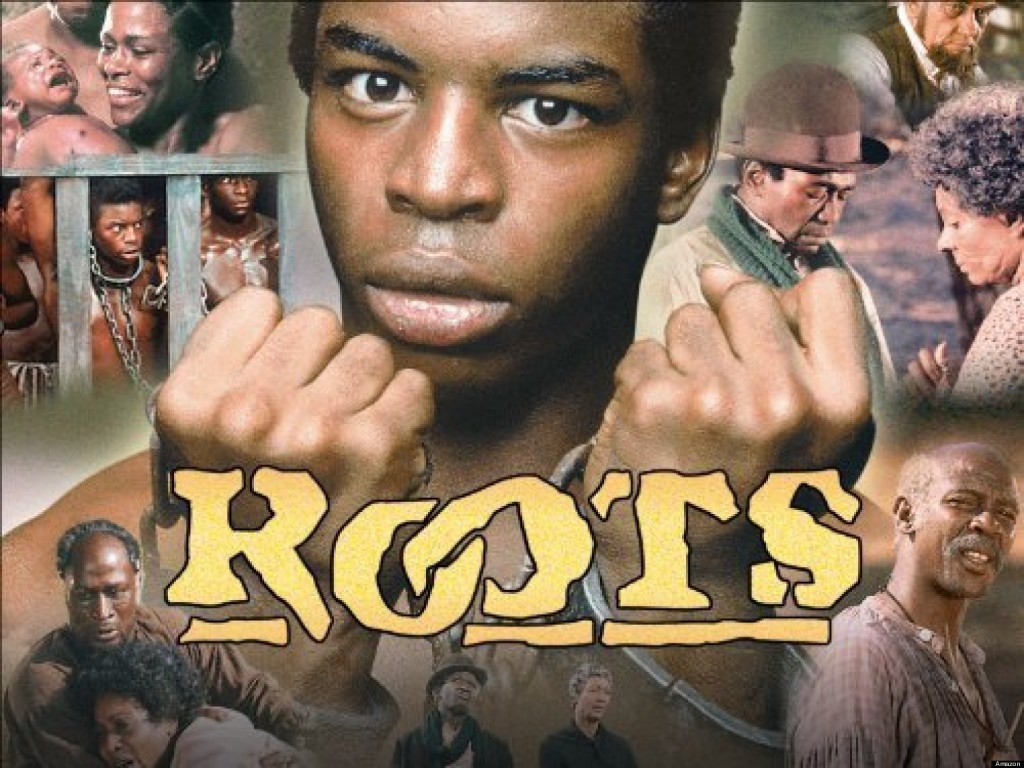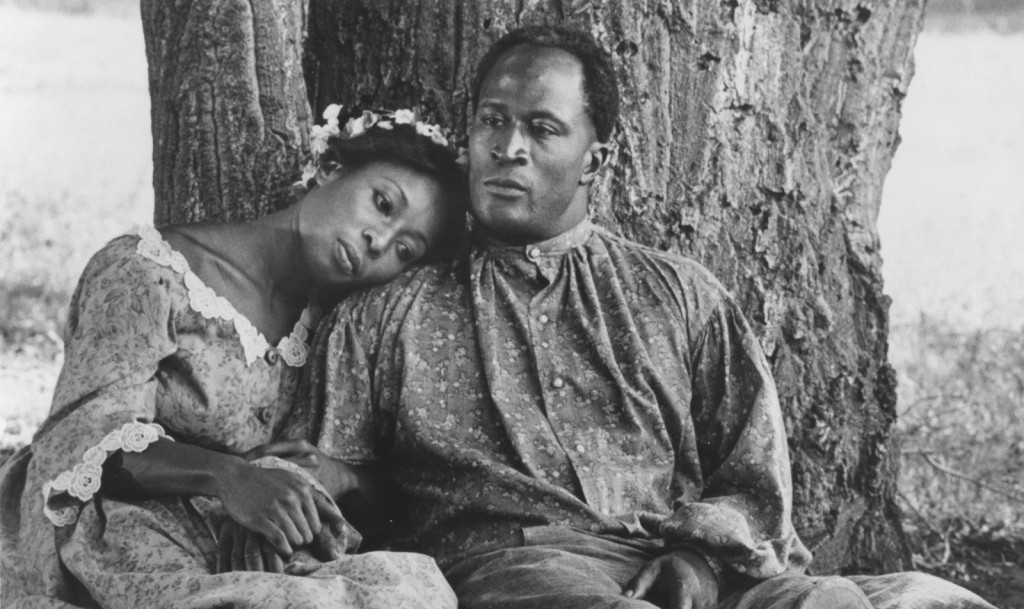
Good Morning POU!
Did you know, By the eighth and final night of “Roots,” movie theaters in many cities didn’t even try to compete. They simply closed their doors.
Eighty million viewers watched that last two-hour episode. Its 51.1 rating and 71 Nielsen share were a record that will likely never be matched.
Mayors in more than 30 cities declared it “Roots” week.
That’s the kind of impact “Roots,” the TV miniseries based on Alex Haley’s book, had for one week in January 1977.
In the weeks that followed, debate about the miniseries raged.
“The last publishing event in this country that was in any way comparable to the phenomenon of ‘Roots’ occurred in 1851,” Meg Greenfield wrote in a Newsweek column celebrating the TV show. “It was the publication of “Uncle Tom’s Cabin” by Harriet Beecher Stowe. . . . Overnight it [‘Roots’] has become part of the national folklore, this saga with its enormous power to move. . . .
Chuck Stone, writing in the Black Scholar magazine, had a different opinion of the miniseries, though. He called it “an electronic orgy in white guilt successfully hustled by white TV literary minstrels.” Clyde Taylor, writing in the same magazine, asked, “Can it be a black drama (drama for black people) when neither author nor director is black?” “Roots,” the TV show, was all-white behind the cameras except for two of the eight hours, which was directed by Gilbert Moses and George Stanford Brown. Alex Haley was only an adviser.
Apprehensions that Roots would flop shaped the way that ABC presented the show. Familiar television actors like Lorne Greene were chosen for the white, secondary roles, to reassure audiences. The white actors were featured disproportionately in network previews. For the first episode, the writers created a conscience-stricken slave captain (Ed Asner), a figure who did not appear in Haley’s novel but was intended to make white audiences feel better about their historical role in the slave trade. Even the show’s consecutive-night format allegedly resulted from network apprehensions. ABC programming chief Fred Silverman hoped that the unusual schedule would cut his network’s imminent losses–and get Roots off the air before sweeps week.
“Roots” changed prime-time television in one important way. Prior to “Roots” in 1977 the conventional wisdom in the TV industry was that white audiences would not watch TV shows featuring blacks, especially as the heroes/heroines and whites as the villains. In fact, ABC aired “Roots” in January, one of the lighter viewing months of the year, because it did not think the miniseries had enough ratings muscle to be run during the sweeps month of February.
Before “Roots,” network executives insisted that their Southern affiliates would pre-empt shows featuring black stars, making such shows financial disasters. They based that belief on NBC’s experience with the “Nat King Cole Show” in 1958. Many Southern affiliates refused to air the show, and no national sponsorship could be found.
There were a few black sitcoms on the air like “The Jeffersons,” but it was not until the numbers came in on “Roots” that the networks had to quit blaming others for their disgraceful track record of lack of black programming. “Roots” gave lie to the argument that mainstream audiences would not watch shows featuring black heroes and heroines.
Roots received 37 Primetime Emmy Award nominations and won nine. It also won a Golden Globe and a Peabody Award. It received unprecedented Nielsen ratings for the finale, which still holds a record as the third-highest-rated episode for any type of television series, and the second-most watched overall series finale in U.S. television history. It was produced on a budget of $6.6 million
This was the intro by ABC for the mini series when it originally aired in 1977. (hmmmm)


